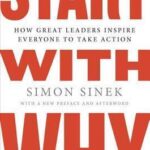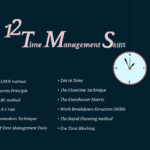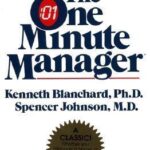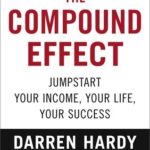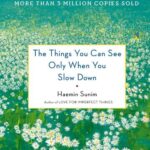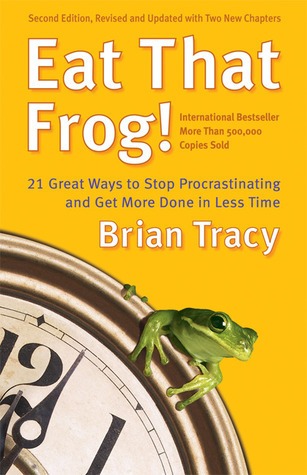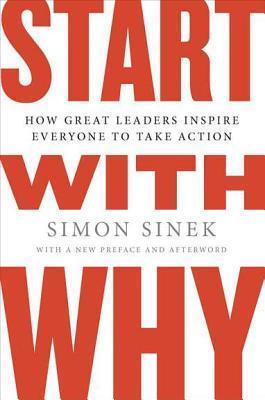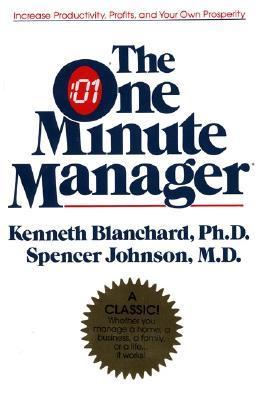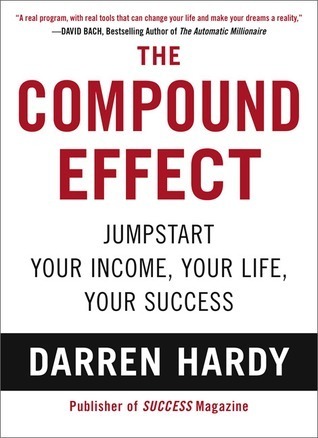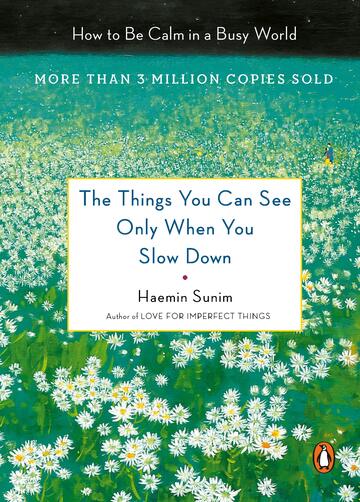Eat That Frog!: 21 Great Ways to Stop Procrastinating and Get More Done in Less Time by Brian Tracy
Genre: Self Help | Productivity
Length: 128 pages
Publish Date: First published January 1, 2001
Just imagine, isn’t it a common scenario of starting up your day with a lot to do throughout the day but couldn’t understand what to do or from where to start?
Actually it’s a very common occurrence most of us face. Brian Tracy has brought up an amazing Solution by his life changing book “Eat That Frog!” where ‘frog’ represents your biggest, most significant task—the one you are most likely to put off if you don’t take action.
The main theme of “Eat That Frog!” is all about learning time management skills and conquering procrastination. While feeling overwhelmed by work is common, you’ll work more effectively and happier if you learn to “eat your frogs,” or prioritise your most critical chores first.
According to Brian, The first rule of frog eating is, ‘If you have to eat two frogs, eat the ugliest one first,’ and the second rule of frog eating is, ‘If you have to eat one live frog, it doesn’t make any sense to stare at a live frog for an extended period of time.’
Let’s discuss about the 21 great way to stop procrastinating and get more done in less time:
1. Set the Table
Analyse and take action on the most crucial assignment each day to reach your present objective. Doing something really well that doesn’t need to be done at all is one of the worst uses of time.
2. Plan Every Day in Advance
Make multiple to-do lists for distinct purposes the night before to get ready for work, and then follow these steps to keep them up to date:
- Firstly, create a master list enlisting what you think of doing in future.
- Secondly, maintain a monthly list for the next month created at the end of the month.
- Thirdly, create a weekly list enlisting your entire week in advance.
- Finally, transfer items from the weekly or monthly lists to your daily list.
3. Apply the 80/20 Rule to Everything
Rather than starting with 80% of your activities, always focus on the top 20% that will yield the best outcome. Thus, resist the need to take care of little matters first. The book advises against giving in to the desire to handle minor issues first. Your ability to make decisions about what is important and what is not is a critical factor in determining how successful you will be in life and at work.
4. Consider the Consequences
Making long-term decisions helps with making short-term ones. It is much easier for you to make better short-term decisions regarding your priorities when you have a clear understanding of what is truly important to you in terms of your work. You should constantly consider the possible outcomes of your actions before taking them, whether they are small or large.
5. Practise Creative Procrastination
What high achievers choose to put off doing is a major factor in separating them from low performers. You also need to set posteriorities in order to properly determine priorities. A posteriority is something you do less of and later, if at all, whereas a priority is something you do more of and sooner. Only to the extent that you give up on low-value pursuits can you begin to organise your time and life. Refuse anything that doesn’t seem like a worthwhile use of your time and life.
6. Use the ABCDE Method Continually
In your to-do list place an A, B, C, D, or E next to each item before you begin the first task in such a way:
- The item ‘A’ is something very important you must do. There will be significant positive or negative repercussions if you complete this task or not whether you visit a crucial client or complete a report that your supervisor requires for an impending board meeting.
- The item ‘B’ is the task that you should do and the rule is never do a B task when an A task is left undone.
- The item ‘C’ is the activity that would be pleasant to perform but has no real consequences, so you can choose to do it or not.
- The item ‘D’ is something you can assign to another person.
- The item ‘E’ is something you can completely do away with, and it won’t really matter.
7. Focus on Key Result Areas
One of the most important questions you will ever ask yourself is, “What one skill would have the biggest positive impact on my career if I developed and performed it to the best of my ability?” The greatest extent that you can apply all of your other skills and abilities is determined by your weakest key result area.
8. Apply the Law of Three
Time spent at work should be of a high calibre, and time spent at home should be substantial.
9. Prepare Thoroughly Before You Begin
Before you start, gather all the supplies you will need. On the contrary, Brian’s personal rule is “Get it 80 percent right and then correct it later.”
10. Take It One Oil Barrel at a Time
Focus on a single action that you can take instead of focusing on the large task at hand.
11. Upgrade Your Key Skills
To succeed in any field, one must first engage in continuous learning.
12. Leverage Your Special Talents
Utilise Your Unique Talents by posing these important queries to yourself:
- What do I excel at most? What aspect of my job do I find most enjoyable?
- What has been the main factor behind my past success?
- What kind of work would I do if I could work at all?
13. Identify Your Key Constraints
When analysing limitations, successful people always start by asking themselves, “What is it that is holding me back?”
Don’t stop asking yourself, “What determines how quickly I get the results I want?”
14. Put the Pressure on Yourself
You have to develop the habit of pushing yourself and not waiting for someone else to come along and do it for you if you want to reach your full potential. Treat your most critical tasks as though you only have one day to do them.
15. Maximise Your Personal Powers
Saying “All I can do is all I can do” is a helpful way to pause yourself whenever you’re feeling overworked and stressed out due to having too much to do and not enough time. Take one full day off every week. Make a commitment today to ask yourself the following questions to increase your energy and well-being:
- What physical activity am I performing that I should be doing more of or less of?
- For performing at my best, what should I start doing or stop doing?
- To maintain my health, what should I stop doing altogether?”
16. Motivate Yourself into Action
The most crucial trait you can cultivate for happiness and success in both your personal and professional life is optimism. Optimists have four special behaviours, all learned through practice and repetition:
- Look for the positive aspects of each circumstance.
- Always look for the important lesson within any challenge or setback.
- Never stop searching for a solution to any issue.
- Think and discuss their objectives often.
17. Get Out of the Technological Time Sinks
Detaching yourself from technology and communication devices is crucial for maintaining composure, making sound decisions, and focusing on the most important aspects of personal or professional life. treating it as a servant rather than a master.
18. Slice and Dice the Task
Utilising the “salami slice” approach to work completion, reduce a large task to manageable size. By laying out the task in detail and deciding to complete only a portion of it at a time, you can approach the task as if you were eating a salami roll one slice at a time, or an elephant one bite at a time.
The “Swiss cheese” method of working is an additional strategy to get yourself going. By deciding to punch a hole in the task—imagine it as a hole in a block of Swiss cheese—you can use this technique to step up your game. Once you commit to working on a task for a set amount of time, you’ve Swiss cheesed it. You will pause and do something else after this, which could only take five or ten minutes.
19. Create Large Chunks of Time
Using high-value, productive time is crucial for work and life contributions. Schedule work appointments and discipline yourself to maintain these time segments for important tasks.
20. Develop a Sense of Urgency
With a bias towards action and a sense of urgency, highly effective people pursue their objectives with speed and vigour, putting them in a state of mind known as flow. This sets off the success principle known as the Momentum Principle, which asserts that it requires less energy to overcome inertia and continue forward motion.
21. Single Handle Every Task
Every significant accomplishment in human history has been preceded by an extended duration of intense, focused labour until the task was completed. The secret to high performance and personal productivity is your ability to decide what is most important to you, to start it, and to focus on it completely until it is finished. When using single handling, you have to commit to the task at hand and not take a break until it is finished in its entirety.
The Book in Three Sentences
- Your ‘frog’ is your biggest & most important task
- If you have two frogs, eat the ‘ugliest’ one first
- If you have to eat a frog, don’t delay on it
The Five Big Ideas
- Dealing with important tasks first thing in the morning is the secret to high performance and productivity.
- Evaluate your objectives on a daily basis. Take action on the most important task you can complete each morning when you get started in order to reach your current most important goal.
- Think on paper.
- Always maintain a to-do list.
- The primary factor influencing your success in life and at work is your capacity to make decisions about what is important and what is not.

